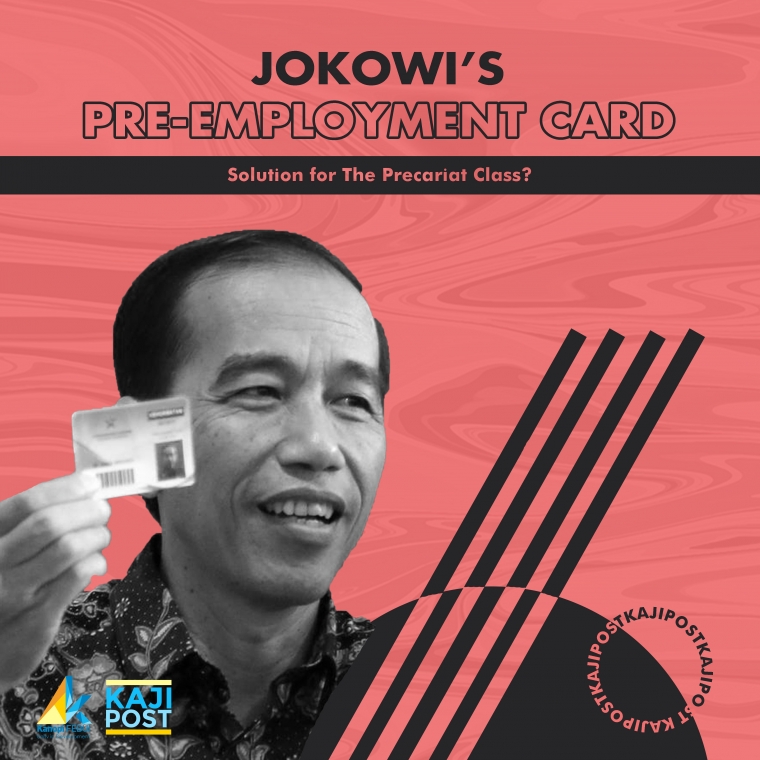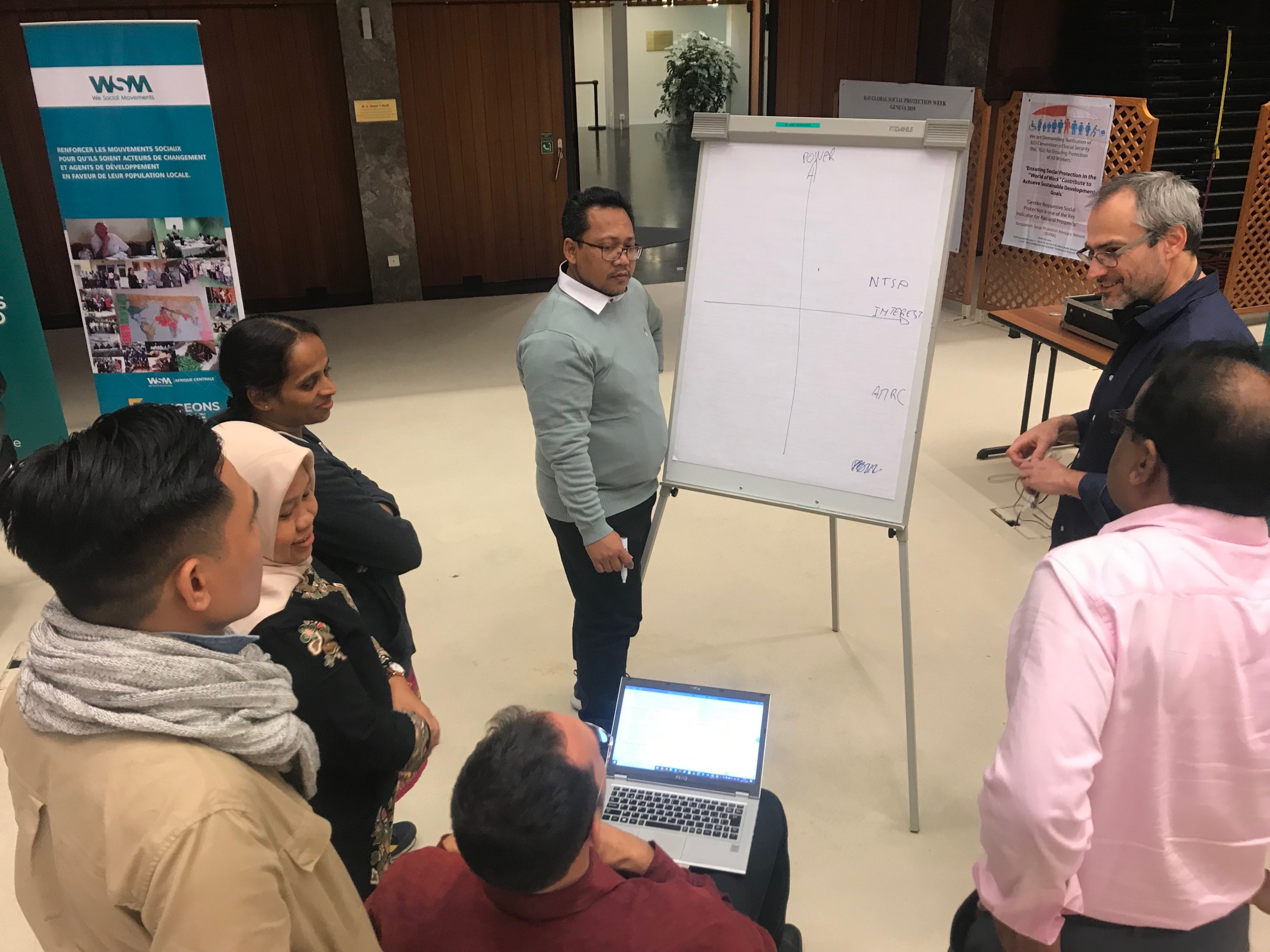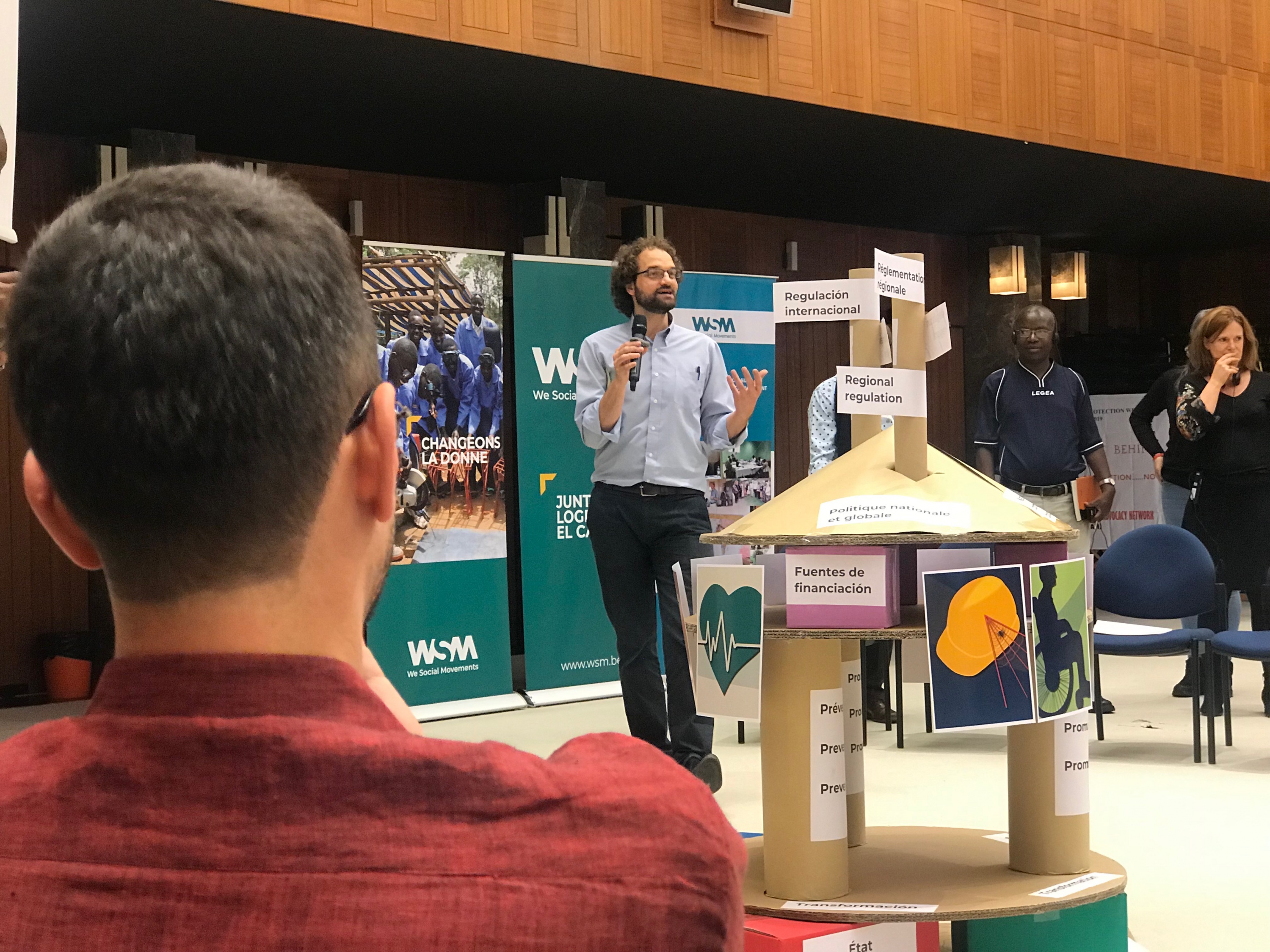Both NTUC and GEFONT started out with organizing assistance and hygiene awareness programmes for their members. Since the lock down in Nepal, more recently they have also provided food relief to their members in need, mostly informal or day workers.
More importantly, both trade unions also advocated for the Government of Nepal to support workers affected by the pandemic. The Government followed their demands and announced a relief package on the 29th of March, including measures such as:
Video made by GEFONT (in Nepali) to raise awareness among workers regarding the virus
WSM new partner in Nepal, the Social Protection Civil Society Network (SPCSN) has started broadcasting public announcements on the radio (Community Information Network) all over Nepal to increase public awareness for prevention measures. They have also signed a joint appeal regarding specific measures to be taken for children and other vulnerable categories.
ILO overview of COVID-19 measures implemented by governments, employers’ and workers’ organizations, and the ILO for Nepal: link
More importantly, both trade unions also advocated for the Government of Nepal to support workers affected by the pandemic. The Government followed their demands and announced a relief package on the 29th of March, including measures such as:
- Government shall pay 31 percent of basic salary needed to pay to the Social security Fund by employer and employee and employer shall pay remaining amount only to the employees;
- Employer should not cut salary of employee during the pandemic ensued lockdown;
- Local government should manage and provide food during the lock-down to all daily waged and informal economy workers;
- Private school fees for this month may not be paid by workers.

Video made by GEFONT (in Nepali) to raise awareness among workers regarding the virus
WSM new partner in Nepal, the Social Protection Civil Society Network (SPCSN) has started broadcasting public announcements on the radio (Community Information Network) all over Nepal to increase public awareness for prevention measures. They have also signed a joint appeal regarding specific measures to be taken for children and other vulnerable categories.
ILO overview of COVID-19 measures implemented by governments, employers’ and workers’ organizations, and the ILO for Nepal: link
























